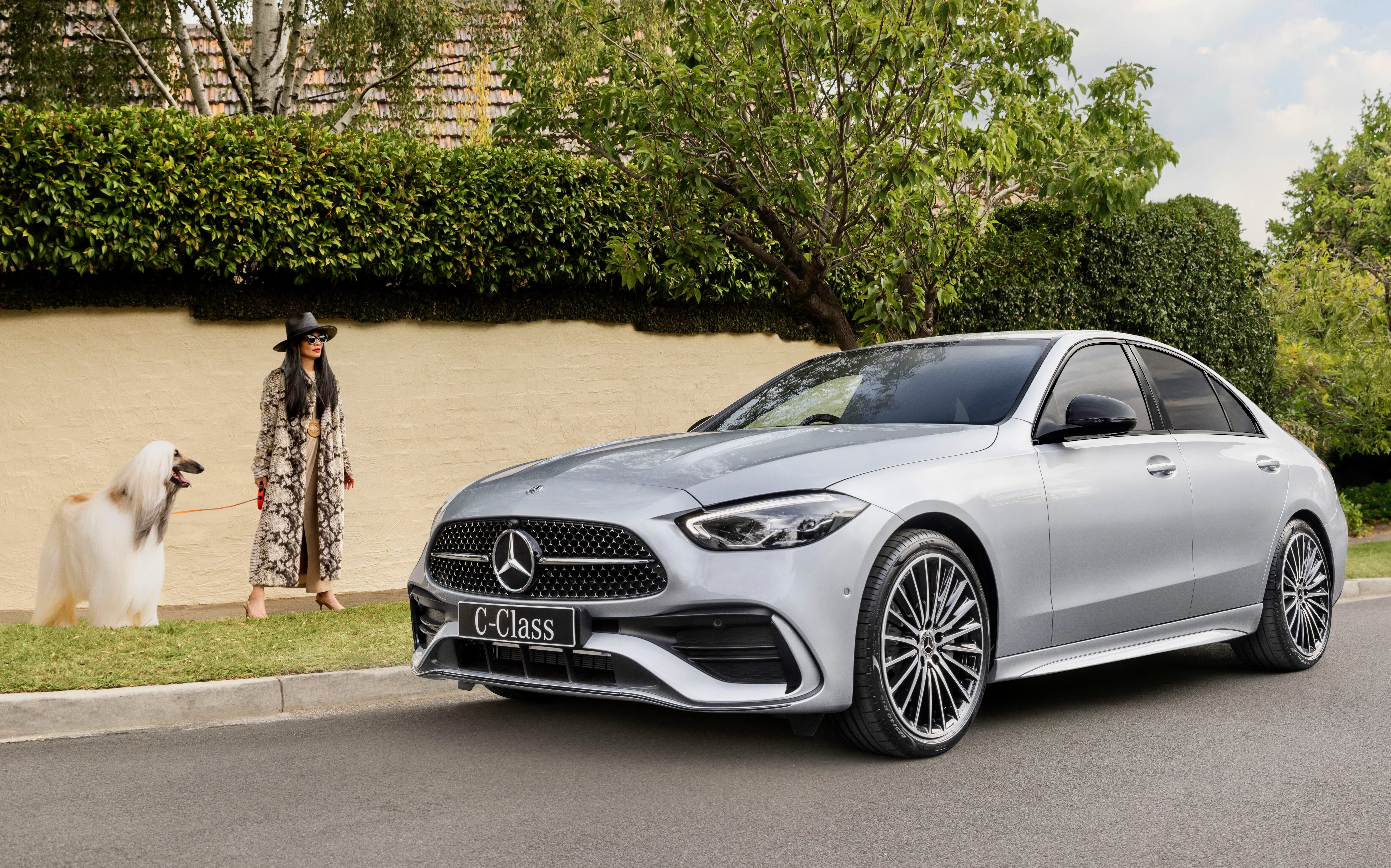UPDATE: Germany could get its way on synthetic fuels for new combustion cars beyond Europe’s 2035 ICE ban
Key Points
- EU offers exception for e-fuel cars beyond 2035
- Germany, leading the opposition, is examining the draft
- It’s hoped a decision is reached this week
The European Commission has drafted concessions to allow the sale of new cars with internal combustion engines after its initial 2035 hard cutoff, but only if they run on climate- and carbon-neutral e-fuels. The move comes as the EU attempts to save its green plan of phasing out combustion cars after Germany voiced unexpected last-minute objections, halting the approval process.
Reuters, which has seen the draft, indicates that the EU is looking to create a new type of vehicle category in Europe specifically for cars that can only run on carbon-neutral synthetic fuels.
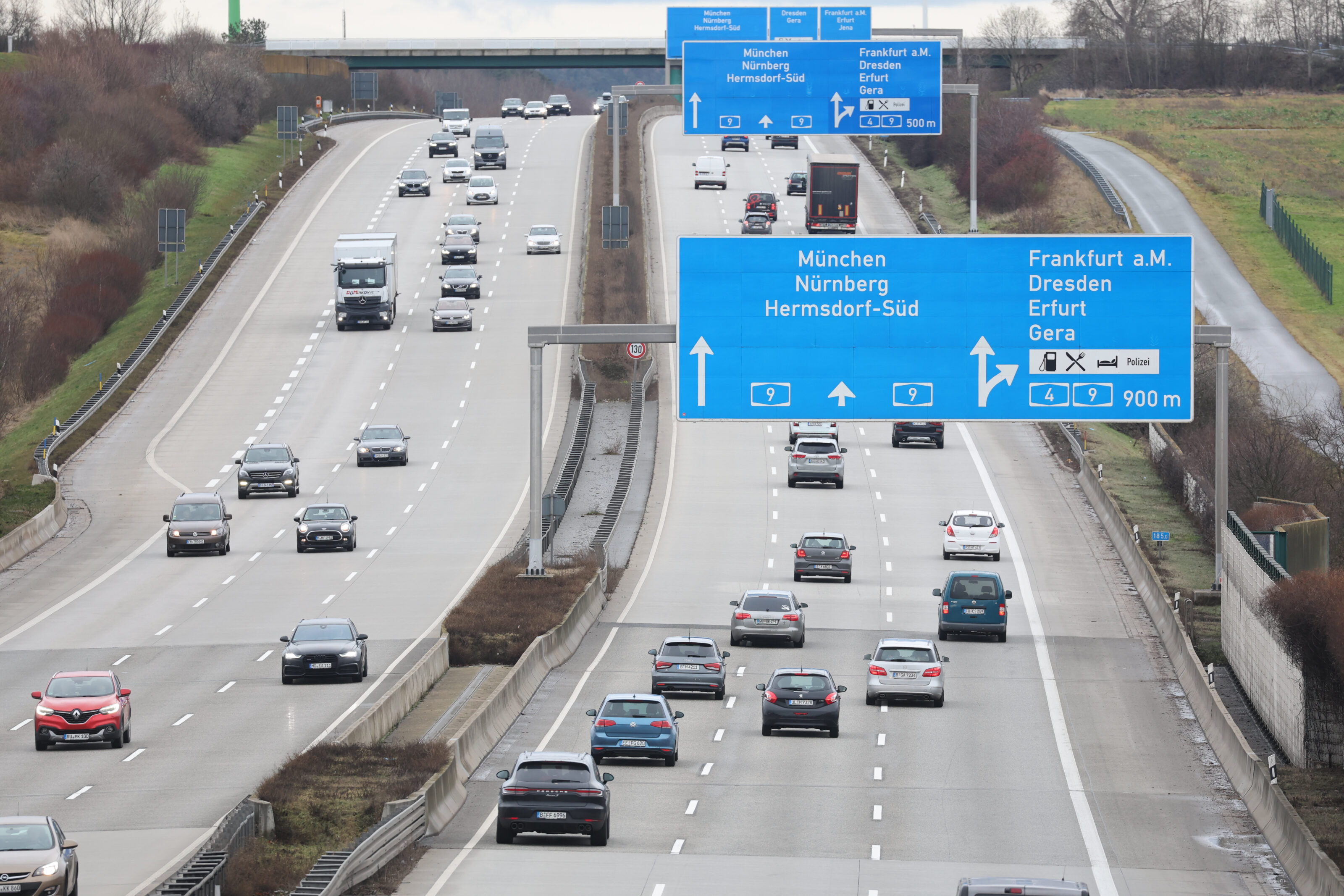
The draft indicates that technology would need to be implemented to prevent them from driving on fossil or non-carbon neutral fuels.
The drafted proposal could offer a road forward for car manufacturers to continue to sell combustion-engine vehicles after the original 2035 deadline, when the EU’s ban on the sale of new CO2-emitting vehicles is to take effect.
The European Parliament and EU Countries agreed on the law late last year, however Germany’s Transport Ministry shocked the room after lodging last minute objections, days before a routine rubber-stamp vote was to take place.
Germany’s stance is that the EU should allow the sale of new cars running on synthetic or e-fuels after 2035.
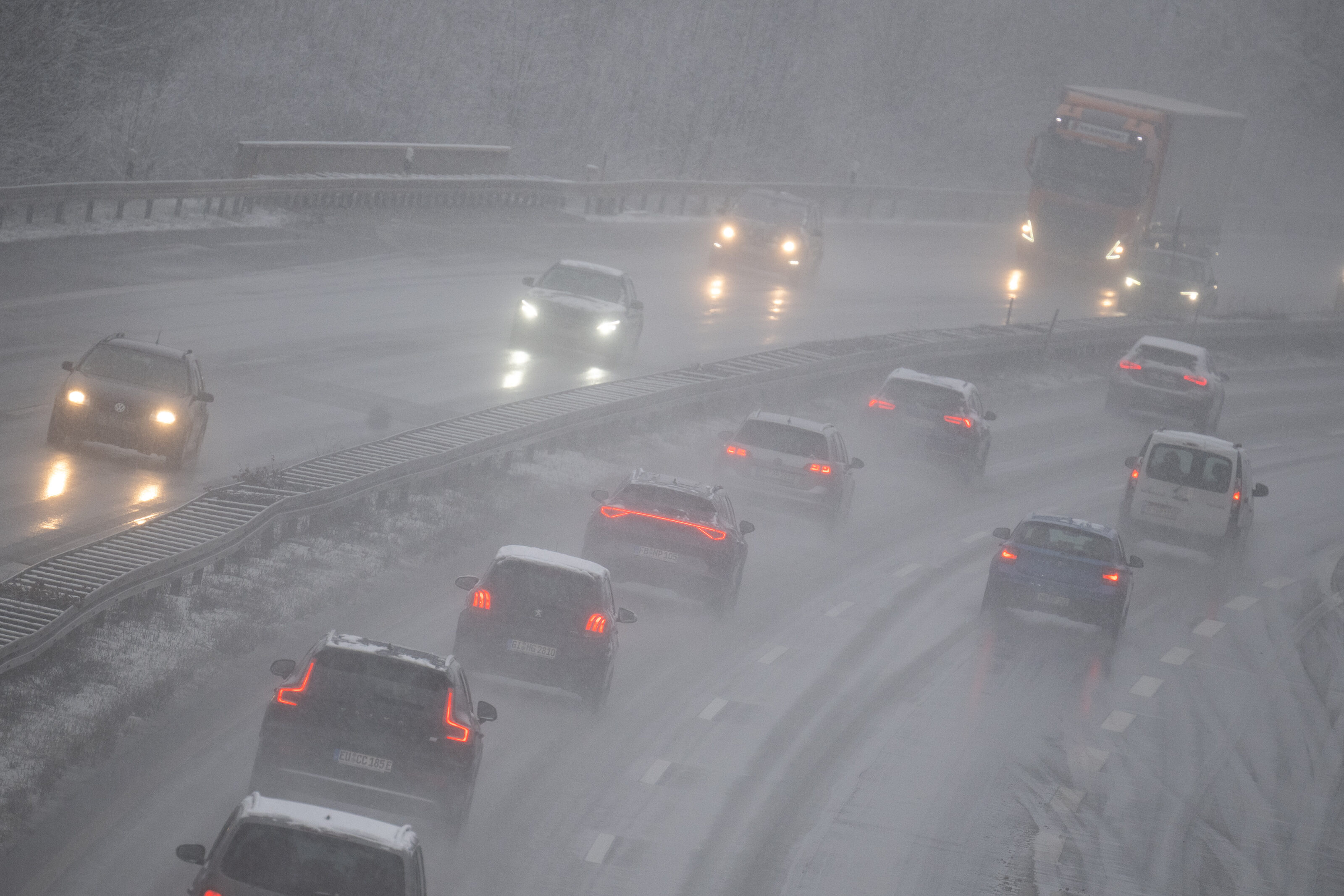
“We are interested in a quick clarification, but it must be resilient and binding. We are currently examining this carefully” a German spokesperson said.
Close sources suggest that the EU’s condition that cars must recognise carbon-neutral fuels from emissive pollutive fuels is problematic for Germany’s hugely valuable car industry as it would largely force OEMs to develop new engines.
E-fuels are a synthesis of captured CO2 emissions and hydrogen, produced with CO2-free electricity. For traditional motoring enthusiasts, it’s a last bastion of hope for the survival of internal combustion motoring.
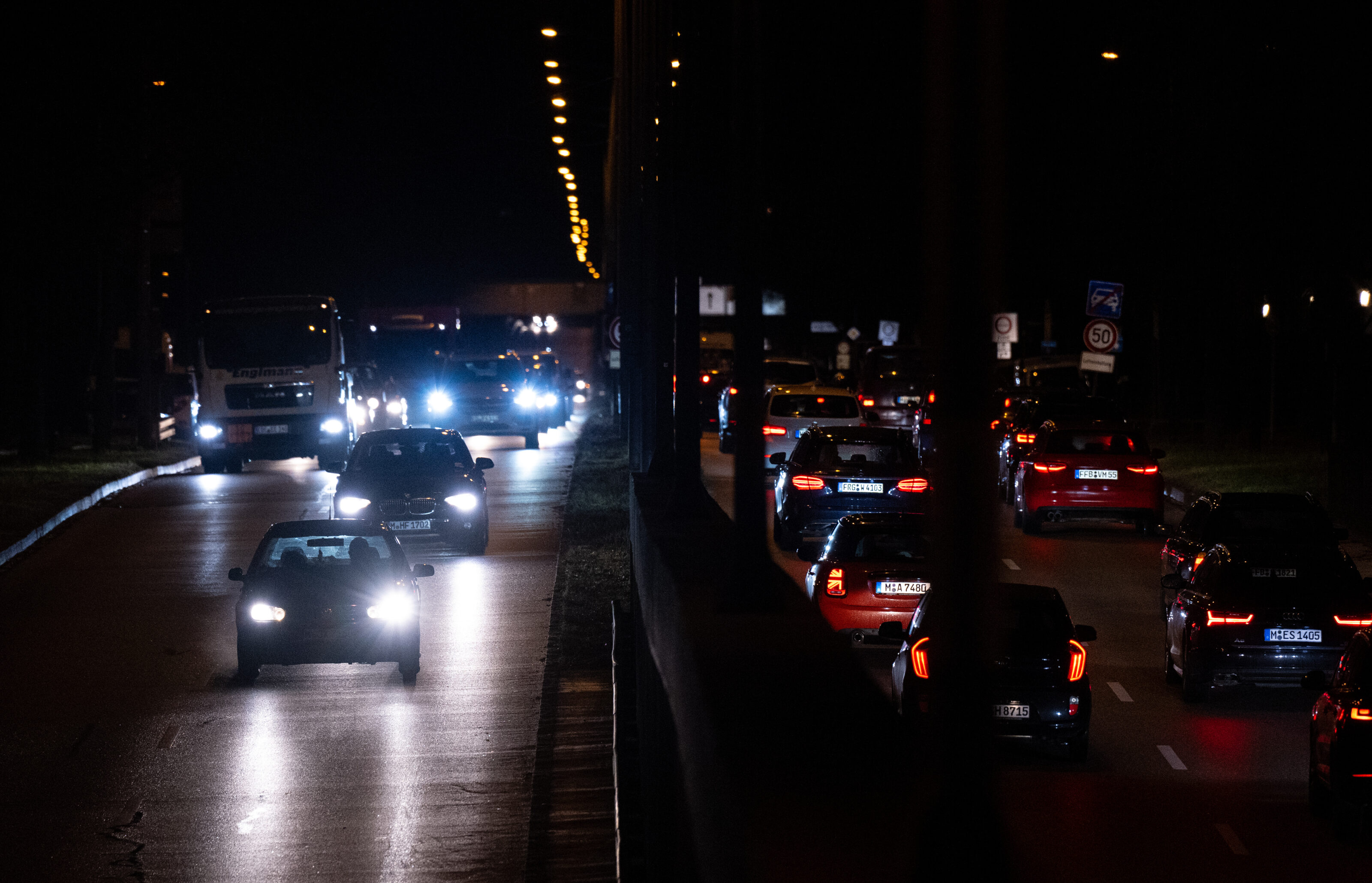
The counterargument against synthetic fuels is that the energy needed to produce them is wasteful and better used for emissions that are harder to decarbonise.
There is also a risk of Greenwashing, and how industries with vested interests may lobby together on how “carbon neutral” is defined.
E-fuels are not yet produced at scale, with a recent study finding that all currently planned e-fuel projects globally would only account for 10 per cent of Germany’s demand for e-fuel use in aviation, shipping and chemicals in the next few years – not including personal mobility and transport.
Germany’s governing Free Democratic Party is historically pro-industry, and has lead the opposition against the EU’s sweeping combustion bans, garnering support from Italy, the Czech Republic, Poland, Romania, Hungary and Slovakia along the way.
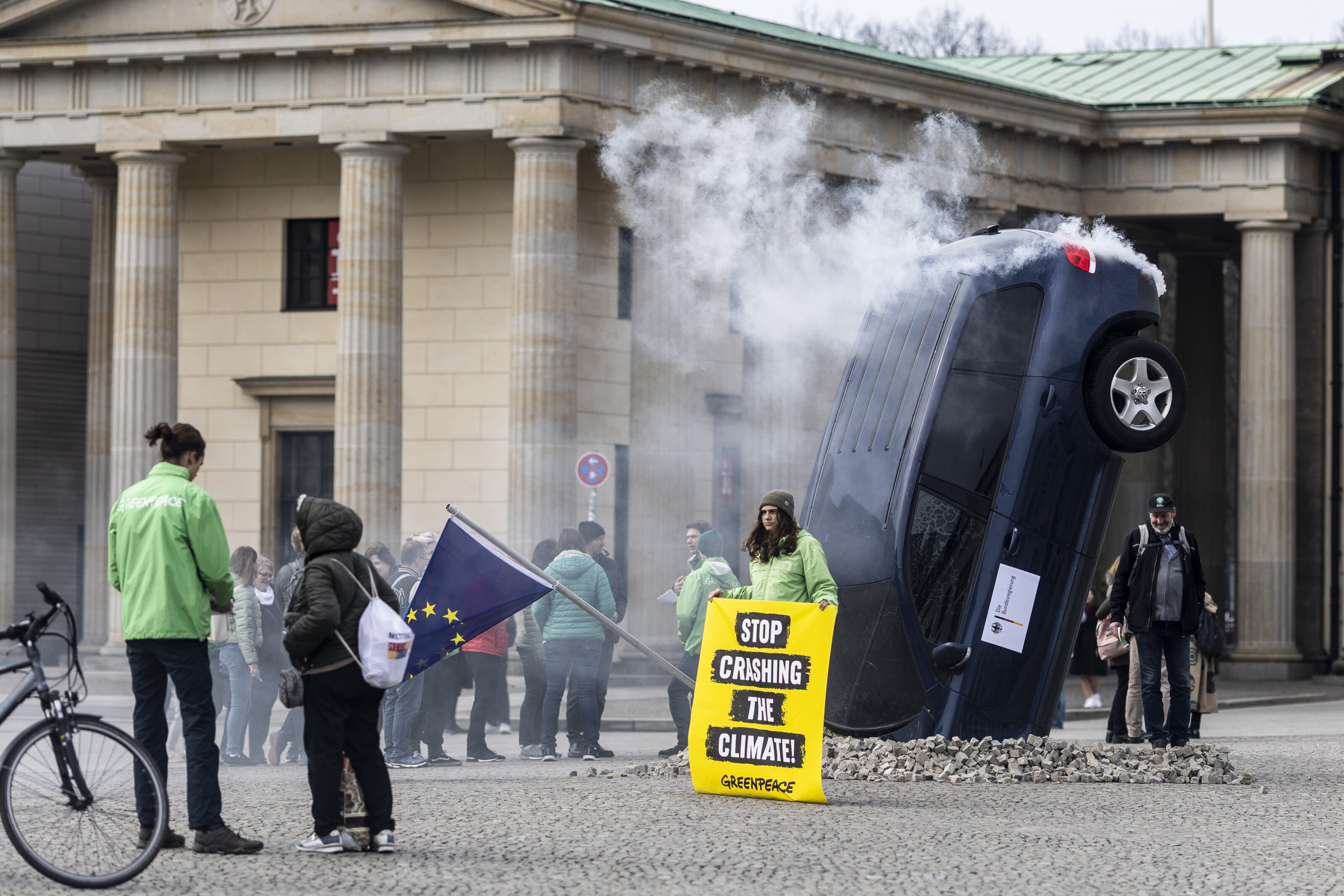
Local activists and climate organisations have held a number of protests at the German Transport Ministry in the past few weeks, some calling for the resignation of Transport Minister Volker Wissing, the face and initial voice of Germany’s objections to the EU deal.
Beyond Germany’s concerns that the EU’s sweeping green deal might hurt its car industry, less-developed EU countries have voiced concerns that the combustion deadline date is too soon, citing concerns over EV affordability.
The EU, however, believes the 2035 date is critical to its goal of reaching carbon neutrality by 2050, given a car’s average lifespan is 15 years.
The story to here
March 16: EU offers e-fuels exemption to Germany in bid to save green deal
After Germany unexpectedly halted proceedings on the EU’s sweeping green plans, which include a blanket combustion engine ban from 2035 on all new cars on sale, the European Union has offered a declaration that could make concessions for vehicles running on synthetic, or e-fuels.
The move hopes to end a dispute, first voiced by German Transport Minister Volker Wissing (pictured below), which halted regulation approvals earlier this month.
Automotive News Europe reports that the EU Commission has yet to put forward any timelines on delivering its e-fuels proposal, however.

Sources close to the matter indicate that it’s unclear whether the proposal will satisfy the pro-business agenda of Germany’s current Government – with a number of industries hit particularly hard by last year’s European energy crisis brought about by supply complications off the back of the ongoing Russia-Ukraine conflict.
Decarbonising transport is a cornerstone of the EU’s goal to slash emissions by 55 per cent by the end of the decade. Germany, however, has a vested interest in the auto industry, which makes up its largest economic segment. Germany employs around 800,000 people across the automotive sector, which rakes in an annual revenue in excess of EU€411 billion (AU$656 billion).
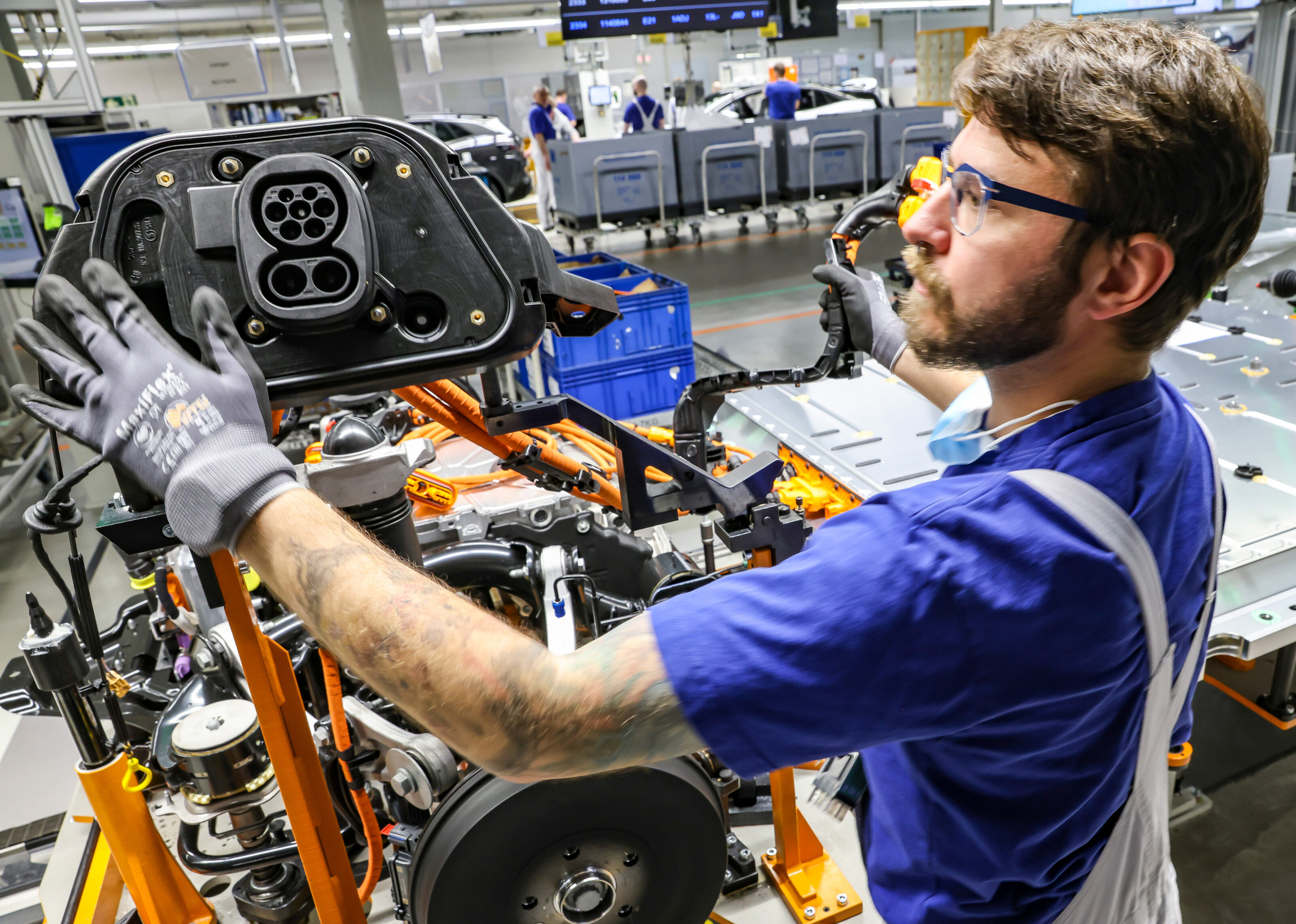
Details of the proposed e-fuels exemption are unlikely to surface before EU elections next year, given the length of time needed to pass regulations.
However, the declaration would change the rules that determine which cars can be put on the road in Europe beyond the 2035 combustion cutoff.
Cars that exclusively run on e-fuels may be permitted after the effective ban, however, given that they are molecularly identical to conventional fuels, extra technologies or additives would likely be needed to help enforce the ban on damaging fossil fuels.
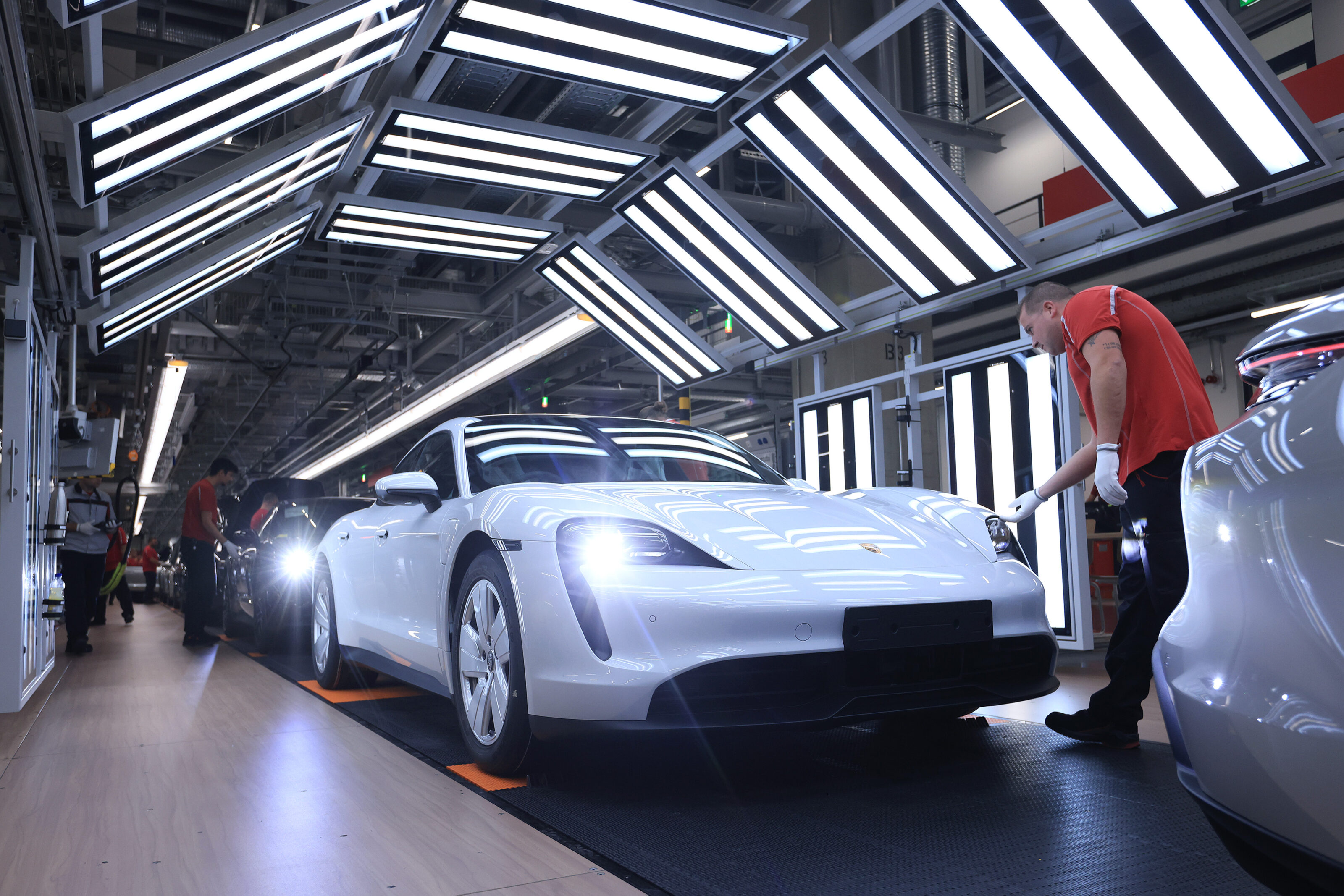
The crux of the EU’s green deal roadblock seems to be whether an exemption on e-fuels will be deemed acceptable by Germany’s Volker Wissing, whose governing Free Democratic Party acted as the shock roadblock in what was expected to be a routine rubber-stamp approval.
Germany, of course, isn’t the only EU member that has voiced concern over the combustion-car ban, with Italy quickly jumping to Germany’s support. Transport Ministers from EU countries which generally oppose stricter emissions regulations are set to meet in France on Monday to discuss the proposal.
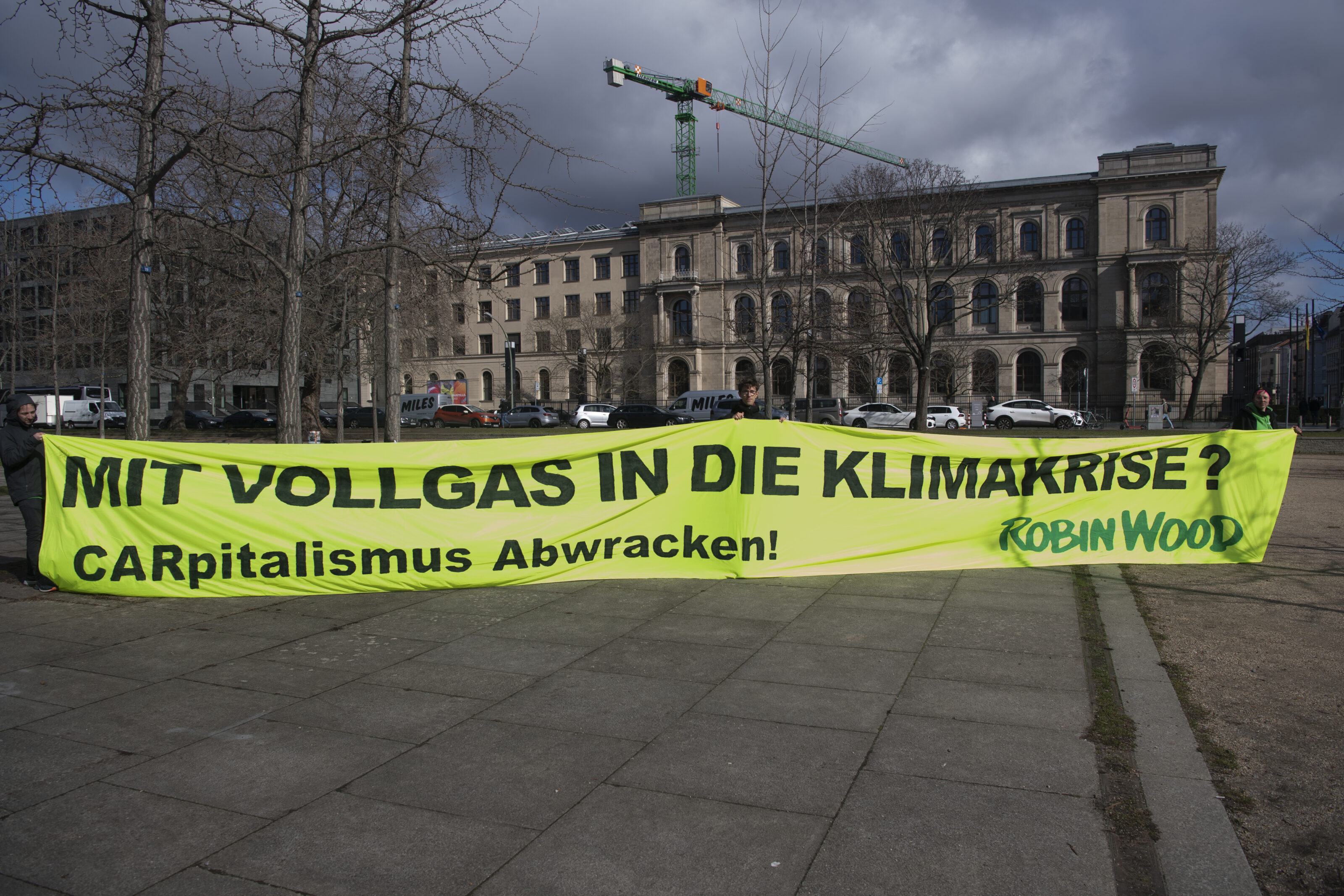
A spokesperson for the German Transport Ministry confirmed that Wissing will take part in Monday’s meeting, but could not comment on the EU’s new e-fuels proposal.
Porsche and Ferrari are the two biggest players pushing for e-fuels to be exempt, with synthetic combustible advocates arguing that they are effectively renewable electricity converted into a combustible, liquid fuel using atmospheric CO2.

Conversely, those against synthetic fuels argue the energy consumed in their creation is wasteful and should be saved for emissions that are more difficult to decarbonise. Some also worry that e-fuels could introduce regulatory uncertainty amongst the auto industry.
While EU politics can feel far flung from Australia’s humble, small auto market – regulations affecting the factories and manufacturers which supply us can directly impact which products will be available to Australian consumers in the future.
March 8: Porsche and Ferrari push to exempt e-fuels from ICE ban
Carmakers Porsche and Ferrari are seeking to exempt e-fuels from the EU’s planned 2035 ban on new internal combustion engine vehicles.
The companies’ bid follows a move by Germany on Monday challenging the ban and delaying the vote which was due to take place yesterday.
According to Automotive News Europe, the European Commission, Germany, and Italy will hold talks in the coming weeks on how to integrate e-fuels into the proposals.
In July last year, Porsche announced it planned to build an Australian plant for e-fuel production, located in the north-west of Tasmania, with operations slated to begin in 2026.
The German manufacturer locked in the HIF (Highly Innovative Fuels) Tasmania Carbon Neutral eFuel Plant as its first commercial-scale facility to be built in Australia.
The Australian site would join the Haru Oni facility being built in Chile, which is aimed to produce 55 millions litres of synthetic fuel at that location by the end of 2024.
March 6: EU vote on ICE ban delayed
The European Union has delayed a pivotal vote on its ban on combustion engined cars after Germany voiced last-minute objections based on concern’s over how the plans will affect the motoring industry.
German officials are now in talks with the EU on how to reach a compromise, and is seeking concessions to allow the use of e-fuels in new cars after the ban’s proposed 2035 cut-off, with Automotive News Europe indicating that a deal could still be reached, allowing the proposed phase-out to go ahead as planned.
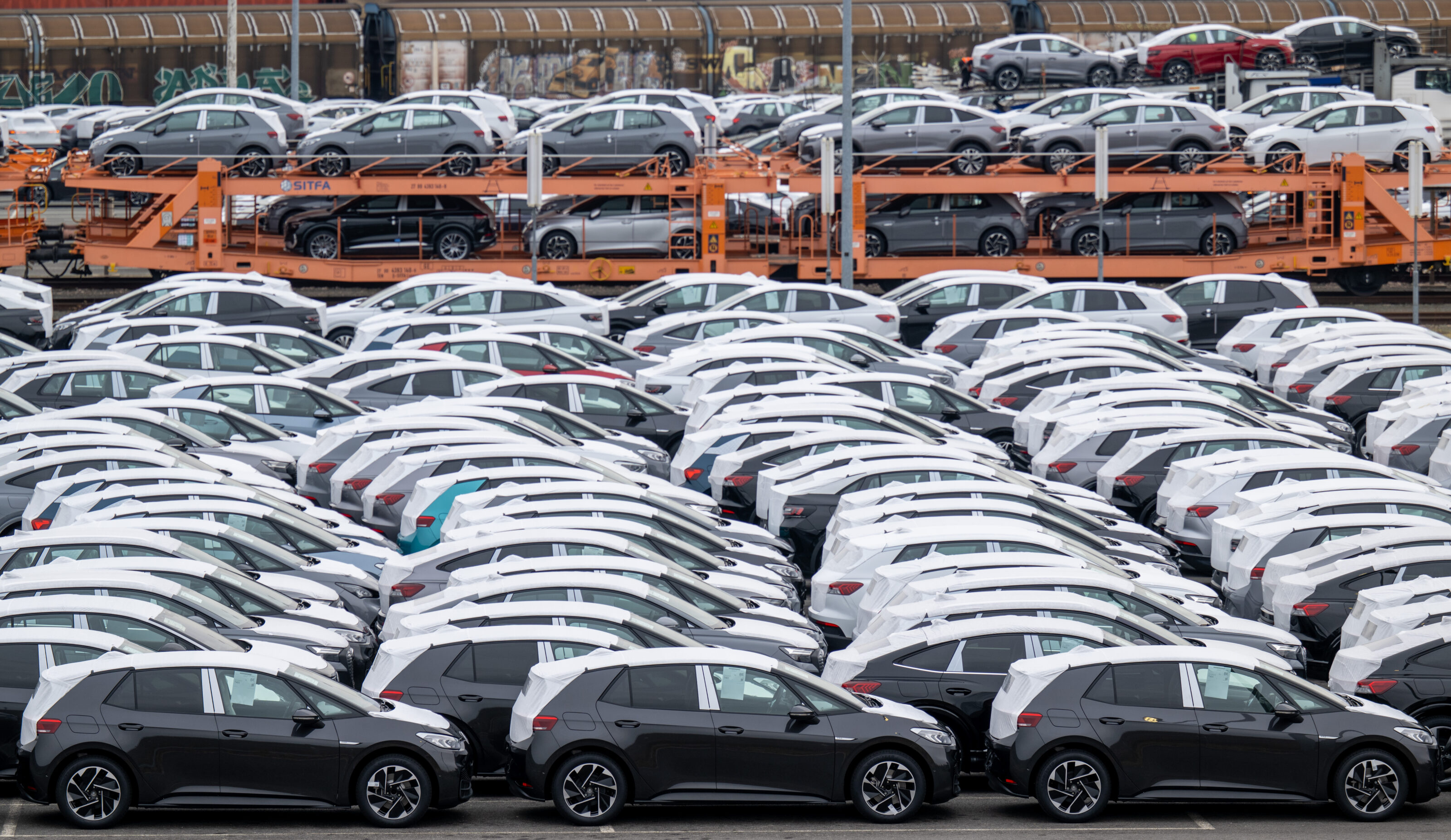
German Transport Minister Volker Wissing spoke in Berlin’s lower house of Parliament last week, stating: “It is contradictory when the EU Comission calls for high climate protection targets on one hand, but on the other hand makes it more difficult to achieve these targets through overambitious regulation”.
Last week, EU ministers were scheduled to vote in what was expected to be a simple routine approval of a deal clinched in 2022 to effectively ban the sale of fossil fuel-powered vehicles from 2035.

Daniel Holmberg, a spokesperson for Sweden – which currently holds the EU’s rotating presidency, confirmed on Twitter that the voting had been delayed and that the combustion car ban will be revisited “in due time”.
Germany is seeking amendments to the EU’s climate proposals to allow provisions for synthetic or e-fuels to be used in combustion engine cars beyond the original 2035 cut-off.
While Germany’s late-game objection was unexpected, there were concerns that it might have abstained from voting for the EU’s aggressive green plans, which could have derailed the entire proposal.
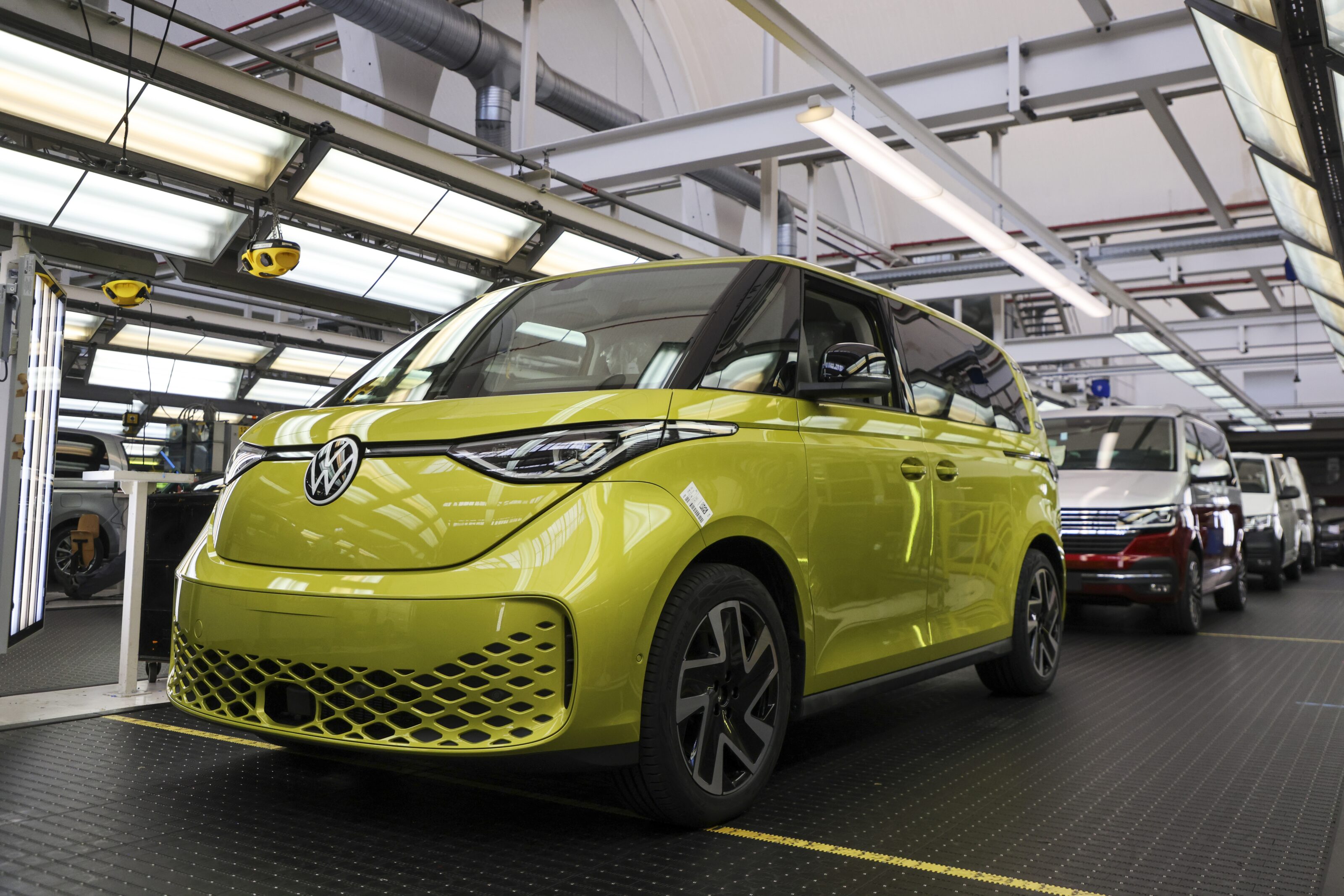
Some German officials, however, have indicated that there may be a solution which will preserve the original proposal’s timeline and ban.
“If the commission has a credible stance in conversations with the ministers and the German Government, I’m optimistic that a solution will be found,” said Sven Giegold, state secretary at Germany’s Federal Ministry for Economic Affairs and Climate Action.
What may prove difficult, however, is the fact that adding concessions in legislature for ‘e-fuels‘, which are combustible fuels produced from renewable energy, is likely to be technical and difficult, and faces a closing window of time ahead of EU parliamentary elections next year.
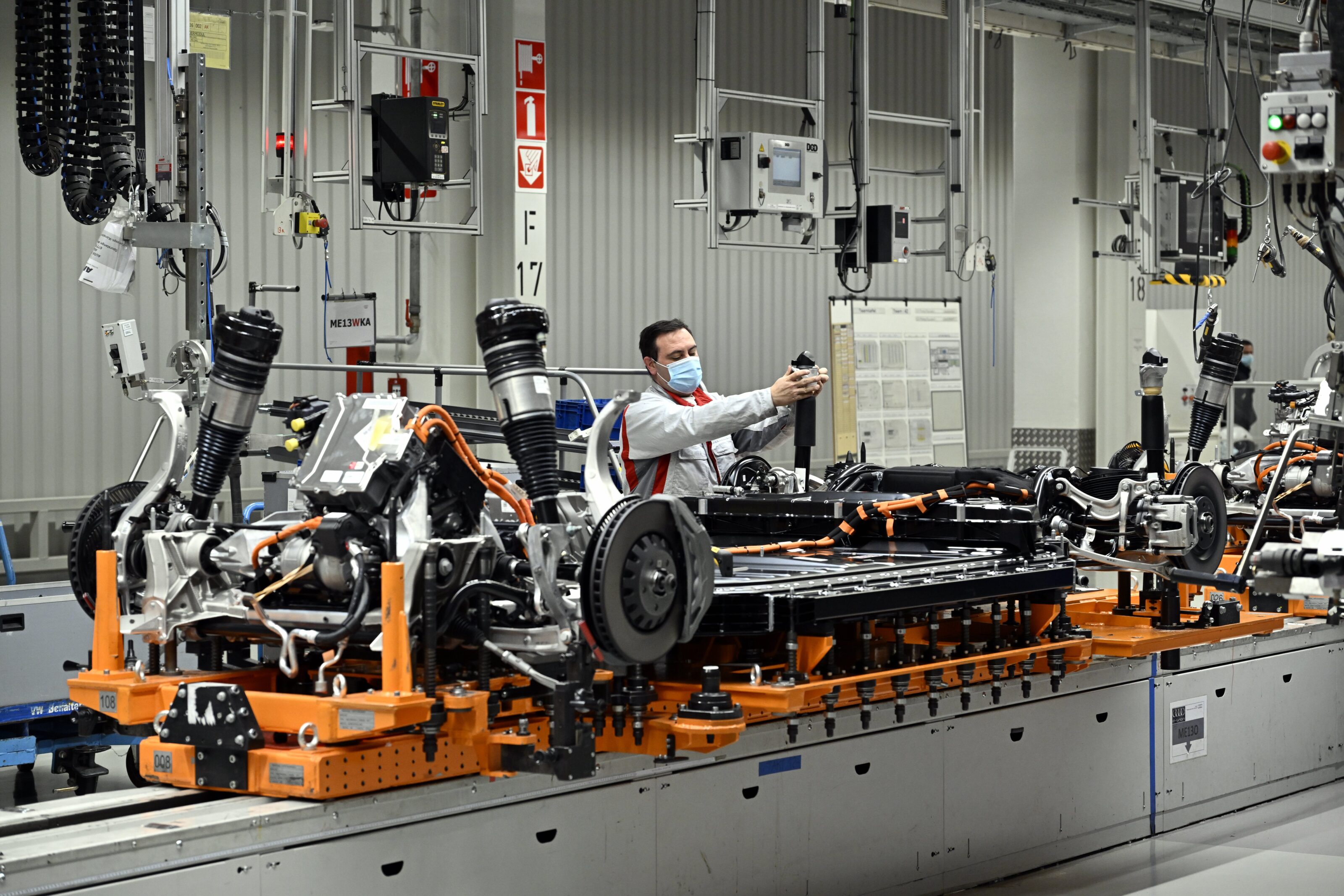
While the European Union’s green plans are widely regarded as positive, decisive action in the face of the looming climate crisis, they haven’t been without consequence.
Ford recently announced that 3800 jobs will be made redundant across its European operations, 2300 of which are currently based in Germany. Ford cited the European industry’s rapid pivot towards electrified vehicles as the reason for the sudden restructure.
Incoming Euro-7 regulations, set to be introduced by 2025, also drew the ire of Germany’s Transport Minister, with Wissing saying: “It’s clear to me that we have to take another fundamental look at Euro-7. The outcome must not jeopardise jobs, nor must mobility become a luxury good.”
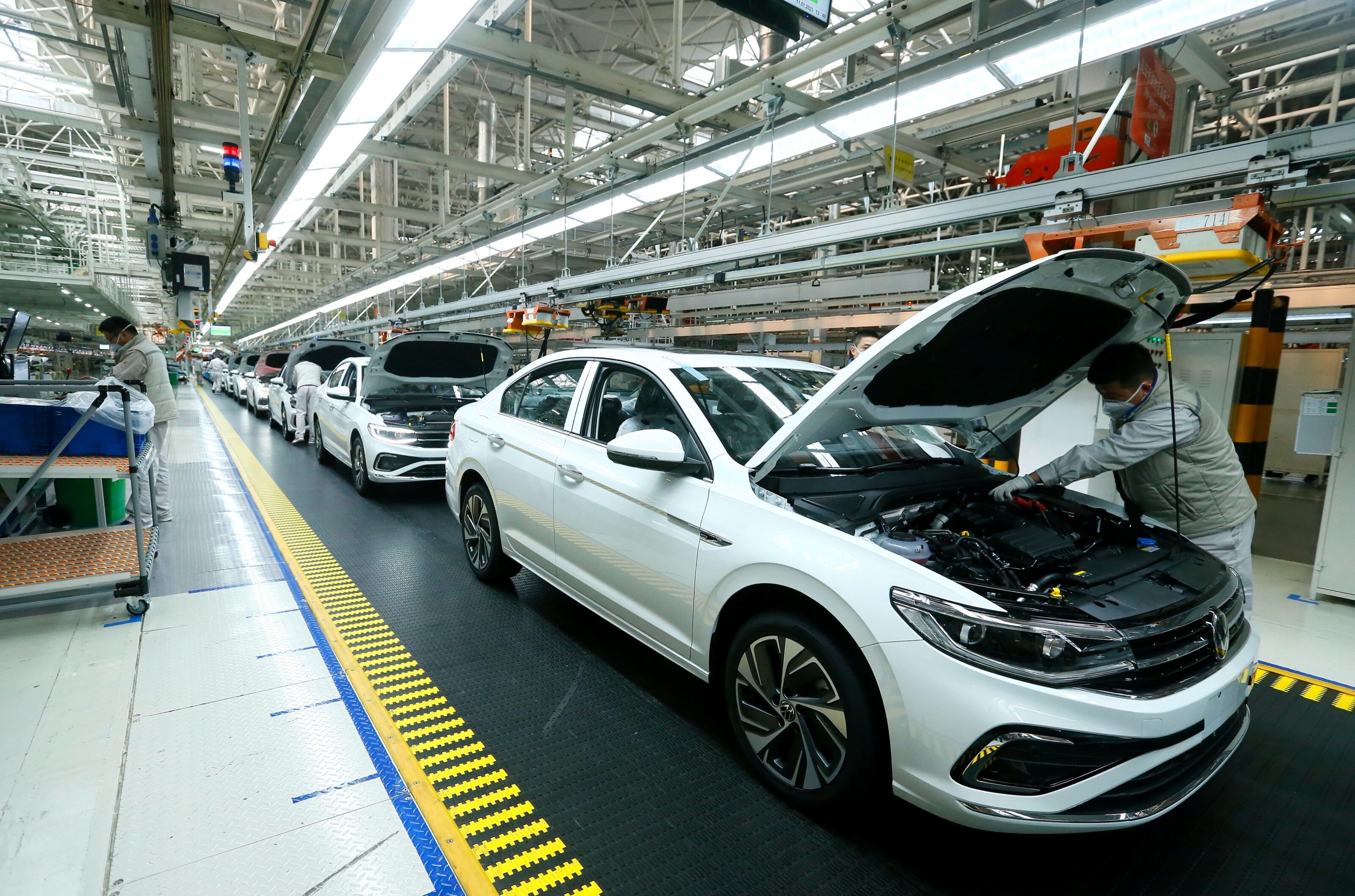
We recommend
-
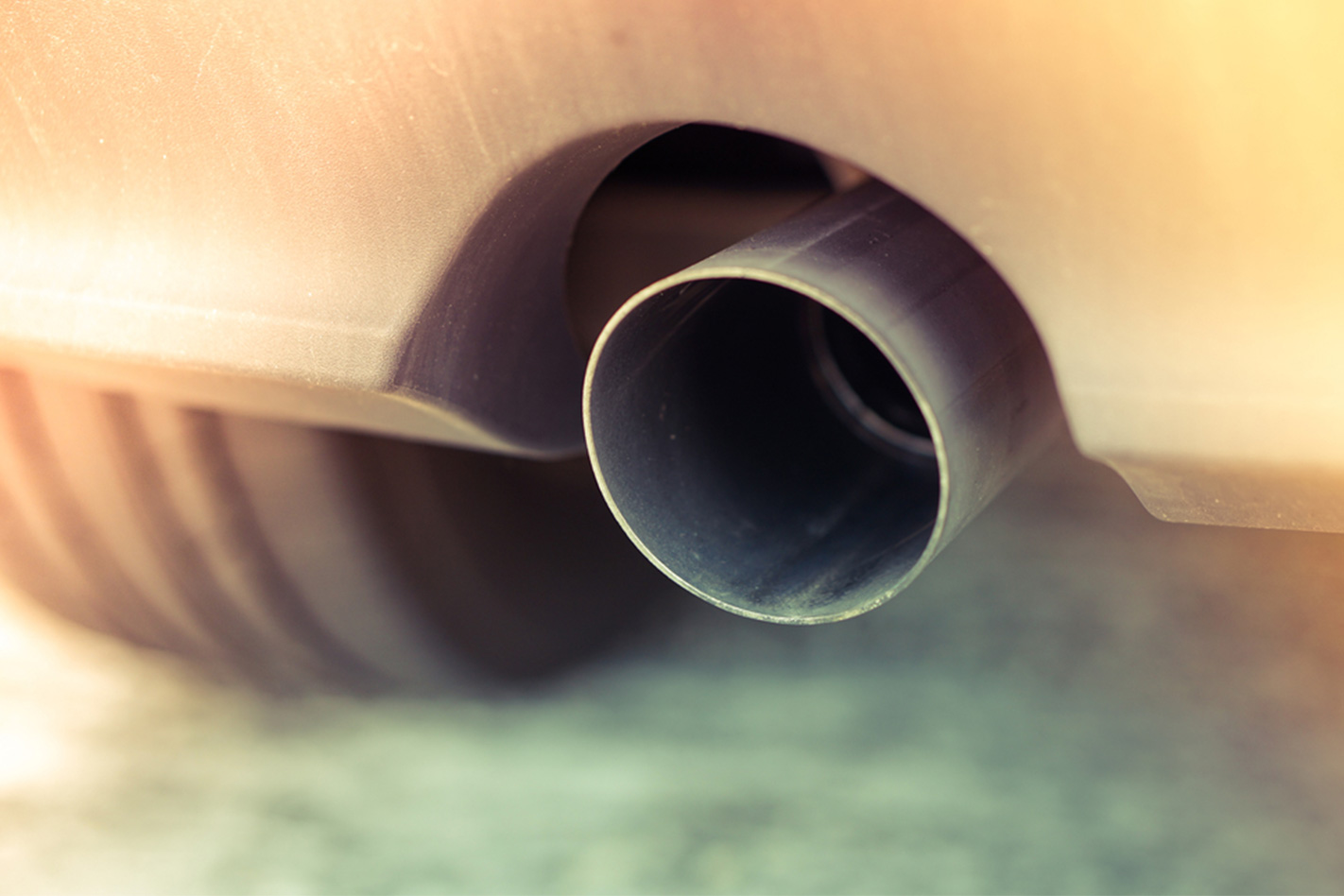 News
NewsEU officially proposes ban of ICE vehicles from 2035
ICEs on notice ahead of proposed ban in 14 years
-
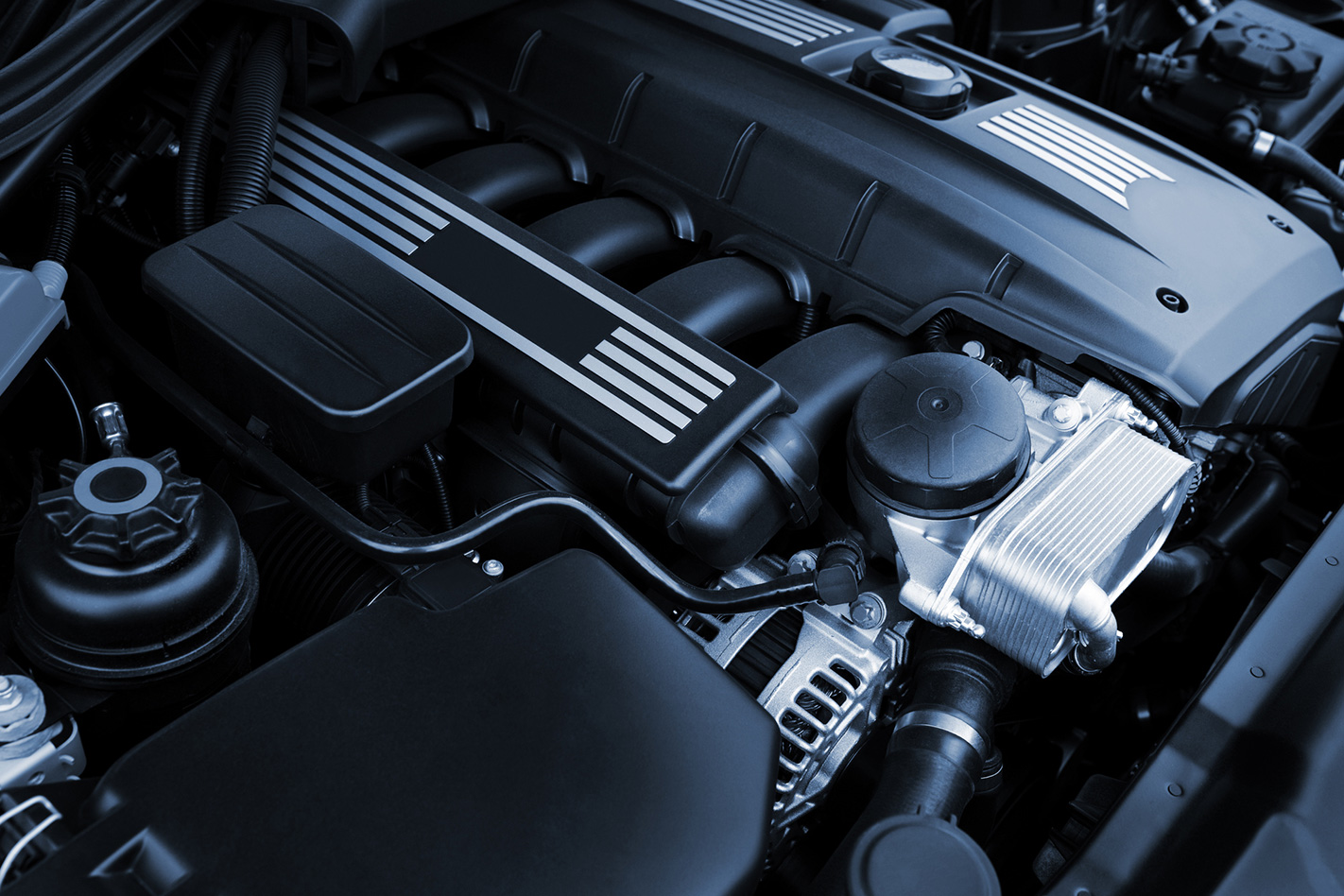 News
NewsEuropean Union ICE ban upheld, set to come into effect by 2035
Members of the European Parliament voted against easing emissions reduction targets
-
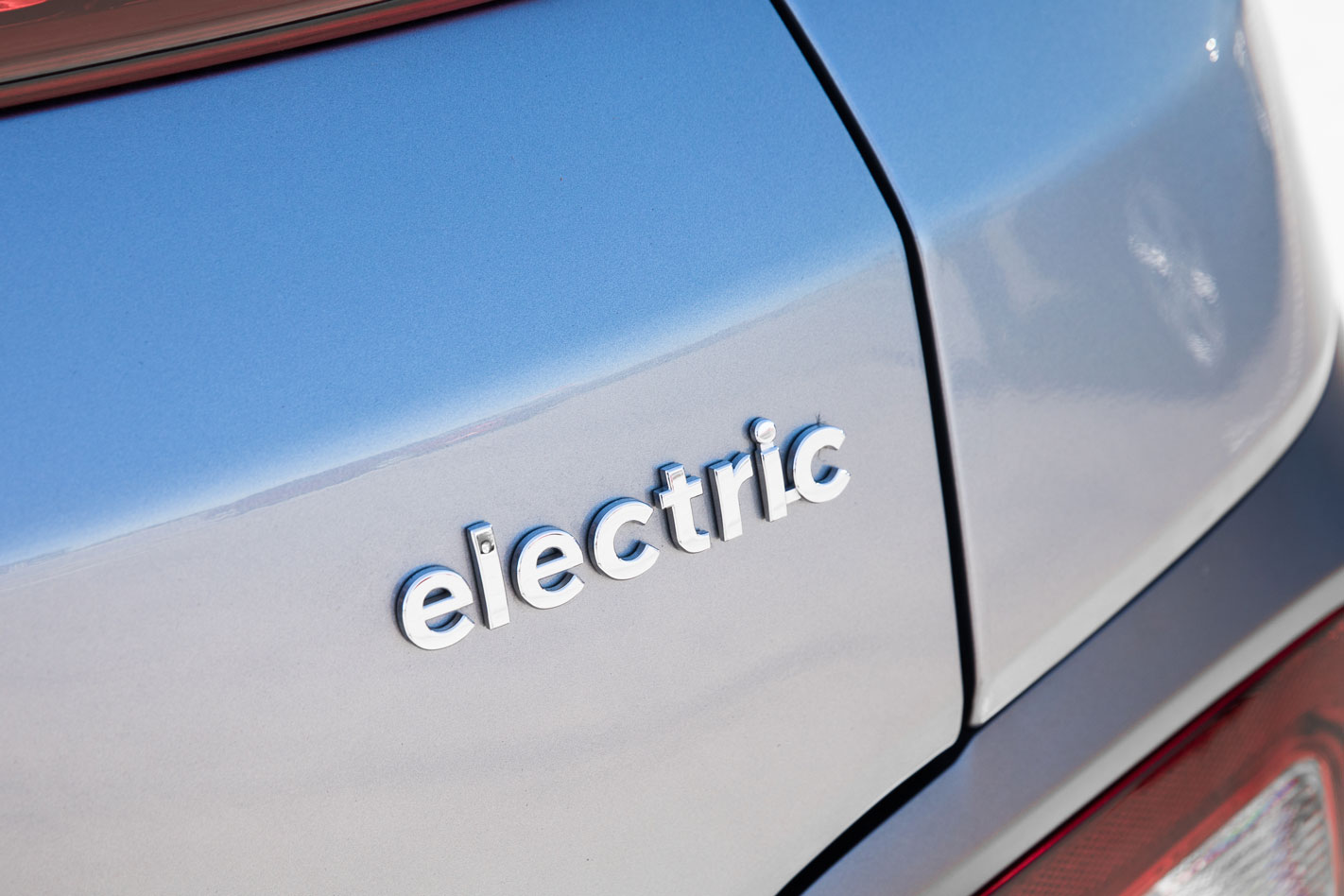 News
NewsACT zero-emissions strategy revealed in full: Industry split over plans
New strategy revealed for zero-emissions vehicles in the Territory





